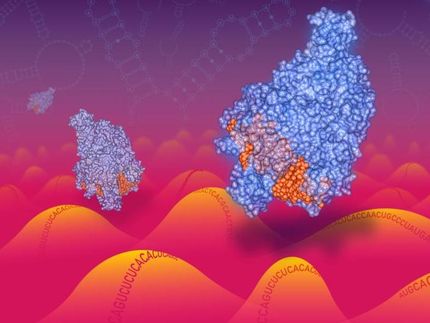PolyPid Joins Rimonim Consortium to Develop Delivery System for RNA-based Drugs
PolyPid Ltd. announced that it has joined the Rimonim consortium of Israel's MAGNET program. The consortium's aim is to promote RNAi-based therapeutics. The Rimonim consortium comprises Israeli biotechnology companies and major universities.
The MAGNET Program, part of the Israel Ministry of Industry, Trade and Labor's Office of the Chief Scientist, sponsors innovative generic industry-oriented technologies to strengthen the country's technological expertise and enhance competitiveness. MAGNET activities are based on collaboration between companies and academic research groups organized in consortia.
Rimonim focuses on the chemistry and delivery of RNA-based drugs for treating cancer. Due to inherent features of an siRNA-based drug, such as susceptibility to degradation by body fluid and limited ability to reach tumors, efficient delivery systems (drug carriers) are vital necessities for their implementation. PolyPid's technology has the potential to serve as a platform to carry the RNAi molecules into the cell.
PolyPid enables long-lasting and controlled release of therapeutic drugs. The revolutionary, patented carrier can be tailored to almost any drug – small molecules, peptides, protein and nucleic acids-based drugs such as RNAi based therapeutics. The formulations can be pre-planned in order to achieve the desired release rate of the drug(s) and the optimal duration, which can last up to several months.
"RNAi-based therapeutics has great potential for treating a large variety of diseases, but the delivery issue has to be solved to allow the development of various RNAi-based drugs," said Dr. Noam Emanuel, PolyPid's CTO. "PolyPid's platform has the right features to enable the transformation of RNA into an effective infrastructure for revolutionary drugs, and we are excited about contributing our expertise to this mission."
Other news from the department business & finance

Get the life science industry in your inbox
By submitting this form you agree that LUMITOS AG will send you the newsletter(s) selected above by email. Your data will not be passed on to third parties. Your data will be stored and processed in accordance with our data protection regulations. LUMITOS may contact you by email for the purpose of advertising or market and opinion surveys. You can revoke your consent at any time without giving reasons to LUMITOS AG, Ernst-Augustin-Str. 2, 12489 Berlin, Germany or by e-mail at revoke@lumitos.com with effect for the future. In addition, each email contains a link to unsubscribe from the corresponding newsletter.
























































